Paradiso Canto 14
OVERVIEW
Isaac Blois is an Associate Professor in the Torrey Honors College at Biola University. He is a New Testament scholar and also studies Jewish theology.
Questions for Reflection
- Given that most of the blessed souls Dante has encountered so far in Paradiso have been composed of light, the pilgrim wonders whether the light will remain at the resurrection of the body (14.13ff). How does Solomon answer (14.37-60)?
- What is the relationship between the blessed’s love and their luminosity (14.37-42)? What is the relationship between light and sight (14.49-57)? How are all of these related to gracer?
- Why do the blessed desire their bodies (14.61-66)? Why is it both fitting and important for the souls of the wise to look forward to the resurrection of the body? Will the resurrected body diminish the soul’s love, sight, light, and grace?
- What is the arrangement of the souls in Mars? Why? How do the souls make Christ present in Mars? Why might Dante only rhyme “Christ” with itself? Why might Dante choose to invoke the crucifixion of Christ after he has invoked the resurrection of Christ?
- In his Convivio, Dante associates the Sun with the liberal art of geometry and Mars with arithmetic. Do we see those liberal arts reflected at all in these Solar and Martian episodes?
DETAILS
- Dr. Isaac Blois
- Torrey Honors College
- Run Time 8:19








